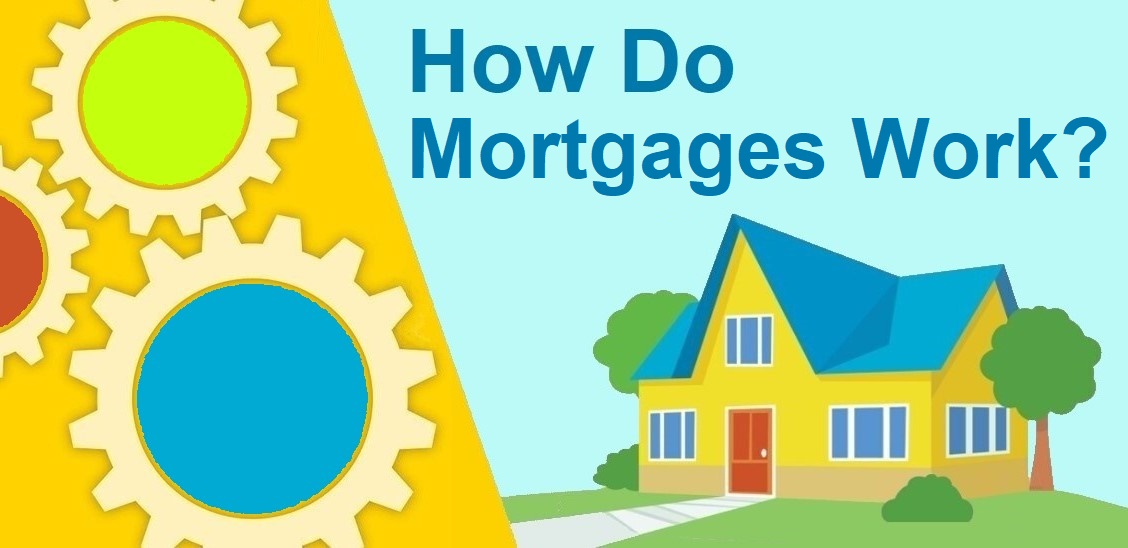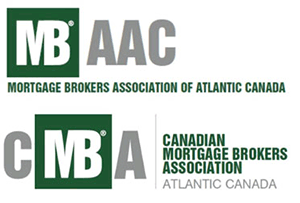
How Do Mortgages Work?
May 2, 2024 | Posted by: Keith Leighton

How Do Mortgages Work?
Mortgages function to finance the purchase of a home, allowing buyers to pay back the loan amount along with interest over a specified period. Here’s a detailed overview of how mortgages work in Canada:
- 1. Mortgage Basics: A mortgage is essentially a loan secured against the value of a property. When you buy a home and take out a mortgage, the lender (such as a bank or other financial institution) provides you with the money to purchase the property. In return, you agree to pay back the loan, plus interest, over a period - commonly 25 to 30 years.
2. Down Payment: When purchasing a home, you typically need to make a down payment, which is a percentage of the home's purchase price. The minimum down payment varies based on the purchase price: for homes under $500,000, it's 5%, for homes between $500,000 and $999,999, it's 5% on the first $500,000 and 10% on the remaining amount, and for homes $1 million or more, it's at least 20%.
3. Mortgage Loan: After making the down payment, you secure the rest of the home's purchase price through a mortgage loan. This loan is provided by a lender, typically a bank or a mortgage broker.
4. Interest Rates: Mortgages can have fixed or variable interest rates. Fixed rates remain the same throughout the term of the mortgage, while variable rates can fluctuate based on market conditions. The interest rate you qualify for depends on various factors, including your credit score, income, and the lender's policies.
5. Amortization Period: This is the total length of time it takes to pay off your mortgage in full. The maximum amortization period is usually 25 years for a down payment less than 20%. With a 20% or higher down payment, it might be possible to extend it to 30 years.
6. Mortgage Term: The length of time your mortgage agreement and interest rate is in effect. At the end of each term, you need to renew your mortgage. Terms can range from 6 months to 10 years, with 5 years being the most common.
7. Payment Frequency: You can typically choose your payment frequency: monthly, bi-weekly, or accelerated bi-weekly. Accelerated bi-weekly payments can save you money on interest over the life of the mortgage because you make the equivalent of one extra monthly payment each year.
8. Prepayment Options: Many mortgages allow you to make extra payments or increase your regular payments without penalty. This can help you pay off your mortgage faster and save on interest.
9. Mortgage Insurance: If your down payment is less than 20% of the purchase price, you'll likely need to pay for mortgage default insurance. This protects the lender in case you default on your loan. The cost of this insurance is usually added to your mortgage amount.
10. Closing Costs: In addition to the down payment, you'll need to budget for closing costs, which can include legal fees, appraisal fees, title insurance, and land transfer taxes.
It's important to thoroughly research your options and understand the terms of any mortgage before committing to it. Consulting with a DLC Ideal Mortgage broker can also be helpful in guiding you through the process.
